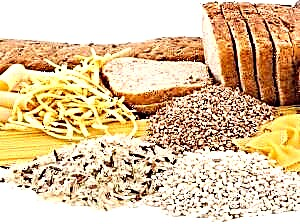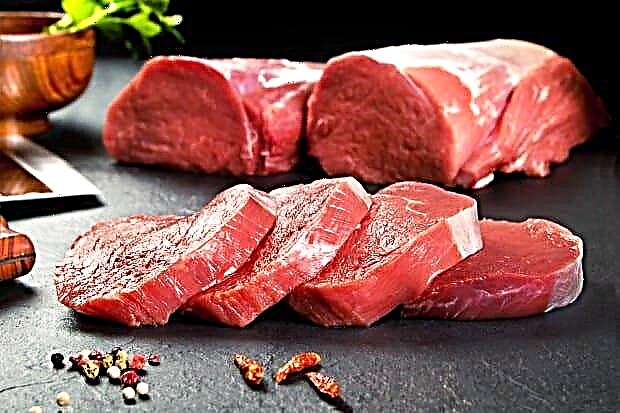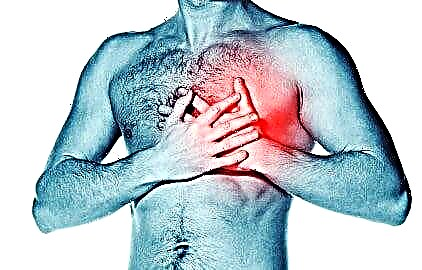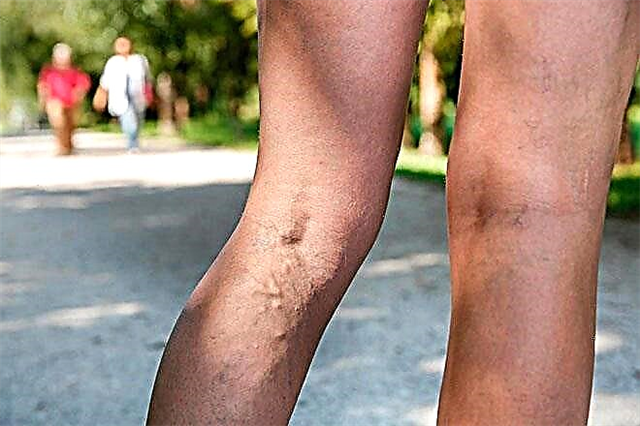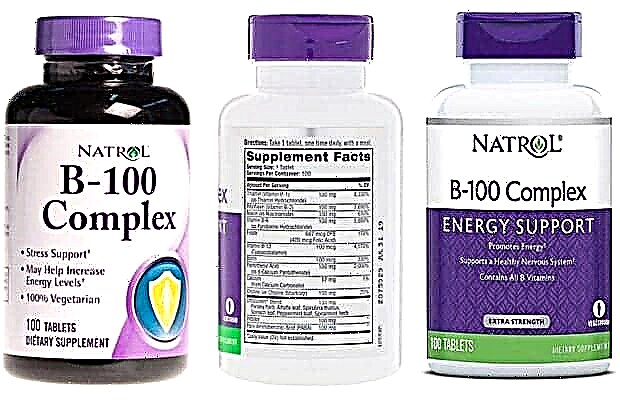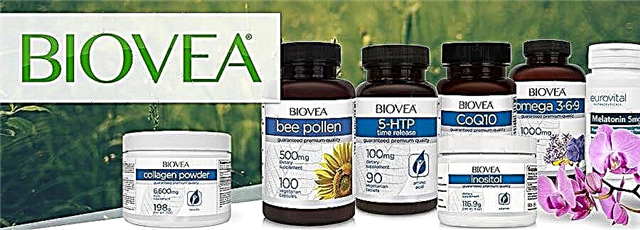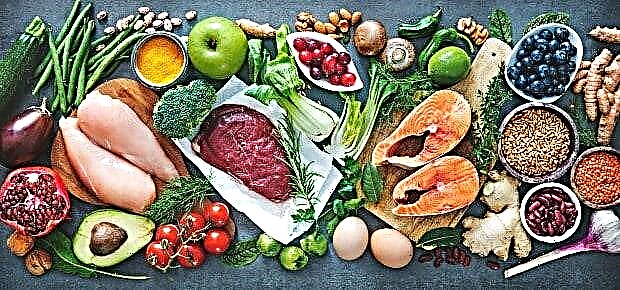Cream is a dairy product with a high percentage of fat and not the lowest calorie content. The benefits of cream are almost the same as those of milk, so the product is suitable for consumption at any age, except for infants. A small amount of cream can be consumed even while dieting. This dairy product is often used by athletes to boost muscle growth. In addition, the cream will help people who are underweight gain pounds.
Chemical composition and calorie content
The chemical composition and caloric content directly depend on the percentage of fat and the type of cream, that is, on whether they are whipped, dry, pasteurized or vegetable. The most common are store-bought cream with 10% fat and homemade 33%.
Nutritional value (BZHU) of cream per 100 g:
| Variety | Proteins, g | Fat, g | Carbohydrates, g | Calorie content, kcal |
| Cream 10% | 3,2 | 10 | 4,1 | 118,5 |
| Cream 20% | 2,89 | 20 | 3,5 | 207,9 |
| Cream 15% | 2,5 | 15 | 3,6 | 161,3 |
| Cream 33% | 2,3 | 33 | 4,2 | 331,5 |
| Whipped cream | 3,2 | 22,3 | 12,6 | 258,1 |
| Dry cream | 23,1 | 42,74 | 26,4 | 578,9 |
| Vegetable cream | 3,0 | 18,9 | 27,19 | 284,45 |
The higher the amount of fat in the cream, the lower the amount of carbohydrates and proteins. It also contains cholesterol, saturated fatty acids and amino acids. Another important point: pasteurized cream contains lactose, unlike sterilized ones.
Chemical composition of natural cream per 100 g:
| The elements | Pasteurized cream, mg | Sterilized cream, mg |
| Vitamin C | 0,5 | – |
| Vitamin E | 0,31 | 0,31 |
| Vitamin H | 0,0034 | – |
| Vitamin B2 | 0,12 | 0,12 |
| Vitamin A | 0,066 | 0,026 |
| Vitamin B1 | 0,04 | 0,03 |
| Vitamin PP | 0,02 | – |
| Vitamin B6 | 0,03 | – |
| Phosphorus | 84,0 | 84,0 |
| Magnesium | 10,1 | 10,1 |
| Sodium | 39,8 | 39,8 |
| Potassium | 90,1 | 90,1 |
| Sulfur | 27,2 | 27,2 |
| Chlorine | 75,6 | – |
| Selenium | 0,0005 | – |
| Copper | 0,023 | – |
| Zinc | 0,31 | – |
| Iodine | 0,008 | – |
| Iron | 0,1 | 0,1 |
| Fluorine | 0,016 | – |
One of the valuable qualities of cream is the presence of phosphatides in the composition. In terms of properties, these elements are close to fats and decompose after heating, so it is better to use the cream chilled, in this state they are much healthier.
Vegetable cream
Vegetable cream is made from coconut or palm oil without the use of animal fats. Such a product is usually consumed by vegetarians, losing weight and people who cannot eat dairy products due to the individual characteristics of the body.
The milk substitute contains:
- flavors;
- sugar;
- food colorings;
- salt;
- acidity regulators such as E331,339;
- stabilizers;
- emulsifiers such as E332,472;
- vegetable fat (hydrogenated);
- sorbitol;
- water.
Not all food supplements marked with the letter E are safe for health, therefore, before buying vegetable cream, you should carefully read their composition.
Dry product
Powdered cream is a natural milk cream substitute. Dry cream is stored outside the refrigerator and remains valid for several months. They are obtained from cow's milk (whole) or vegetable fats. Dairy cream is more expensive and has a shorter shelf life.
Dry natural milk cream contains:
- about 40% fat;
- 30% digestible carbohydrates;
- about 20% protein;
- organic acids;
- potassium;
- vitamin B2;
- phosphorus;
- vitamin A;
- vitamin C;
- calcium;
- choline;
- sodium.
In addition to the above, the composition of milk cream contains animal fats, and therefore cholesterol appears in the amount of 147.6 mg per 100 g. The chemical composition of dry vegetable cream contains the same components as indicated in the subsection above.
Whipped cream
Whipped cream is a pasteurized dairy product that has been whipped with a variety of sweeteners. Such creams can be homemade or industrial.
Homemade whipped cream contains:
- milk protein;
- fatty acid;
- vitamin D;
- cholesterol;
- vitamin A;
- B vitamins;
- calcium;
- vitamin C;
- iron;
- phosphorus;
- fluorine;
- potassium;
- biotin.
Powdered sugar is sometimes added as a sweetener. In addition to all of the above, industrial whipped cream contains preservatives, food colors, flavor enhancers, and flavorings.

© photocrew - stock.adobe.com
Useful properties for the body
The rich composition of nutrients gives the cream a lot of useful properties. Because of their high nutritional value and nutritional value, they can and even desirable be eaten by everyone except infants. Cream is especially useful during the cold season, when the body needs additional energy to keep warm.
- Older adults are advised to regularly consume low-fat cream in moderation. This prevents the development of degenerative changes in the brain due to phosphatides, which affect the state of the nervous system and act as an important building block for cells.
- For athletes, cream is suitable as a source of energy, it can replace chemical energy drinks or caffeine with nicotine (in tablets). Cream can quickly satisfy hunger during exhausting physical activities in the gym. In addition, the dairy product will help build muscle mass due to its high protein content, which is well and quickly absorbed.
- The cream contains casein (a complex protein), which not only acts as a source of protein for the body, but also helps to curb hunger, which is especially valuable during weight loss and for athletes.
- The fatty component of the product is quickly absorbed by the body, without requiring unnecessary energy consumption for the digestive tract to function.
- Cream has an enveloping effect on the mucous membrane. The product is useful for treating diseases of the gastrointestinal tract. In addition, cream is beneficial during food poisoning, helping the body to eliminate toxins and poisons faster. In case of chemical poisoning (while painting something) or if a person breathed in smoke and the smell of burning, it is recommended to drink a glass of low-fat cream, which limit the effect of harmful substances on the body more effectively than plain milk.
- Thanks to amino acids that stimulate the release of serotonin, mood will improve, endurance and performance will increase, and sleep will normalize. Serotonin also helps relieve depression and reduces cravings for sweets and simple carbohydrates.
- The cream in combination with hot drinks reduces the irritating effect of caffeine on the gastrointestinal mucosa and protects tooth enamel from plaque formation.
- Thanks to lecithin, the product lowers blood cholesterol, and also affects the condition of the blood vessels, protecting them from the formation of new cholesterol plaques.
- The obvious benefit of the cream is its calcium content, which has a positive effect on the strength of the teeth and bones. It is advisable to use cream during the period of increased growth of the child or in cases of poor posture, since the phosphorus included in the dairy product will help increase the effect of calcium on the body.
- Heavy cream will help not only athletes gain weight, but also all people suffering from excessive thinness.
Taking a hot bath with cream will help smooth the skin and will have a rejuvenating and whitening effect. You can add cream to face masks to smooth out fine lines and soften skin.
Note: pregnant women can eat cream of any fat content, but only if it is natural milk.
Powdered milk cream is useful in that:
- give the body energy;
- normalize the digestive tract;
- strengthen bones;
- reduce puffiness;
- normalize heart rate;
- restore memory;
- improve hormonal levels.
Benefits of whipped cream:
- strengthening the immune system;
- strengthening the nervous system;
- increasing the efficiency of brain cells;
- improved mood;
- normalization of sleep patterns.
Vegetable creams are not particularly healthy. Of the advantages, it is worth noting only the long shelf life.

© beats_ - stock.adobe.com
Contraindications to the use of cream and harm
Lactose intolerance or the presence of individual allergic reactions is the main contraindication for the consumption of the product for food. The harm caused by a dairy product is most often associated with its fat content and excessive consumption.
Contraindications to the use of cream:
- obesity - a high-calorie product, especially when it comes to dry and whipped cream;
- chronic liver diseases, since the product contains a large amount of fat;
- children under 3 years of age should not be given cream, as they are too hard to digest;
- heavy cream in large quantities is not recommended for older people, since at this age it is difficult for the body to digest heavy food;
- urolithiasis or gout - the product contains a lot of purines;
- with diabetes, you can not completely exclude cream, but there are only low-fat and small quantities;
- vegetable cream should not be eaten by women during pregnancy and lactation.
Important! The daily intake of cream should not exceed 100 g, except in cases of chemical poisoning.
To lose weight, you need to exclude from the diet all cream, the fat content of which exceeds 10%, and also reduce the daily intake of the product to 10-20 g.

© daffodilred - stock.adobe.com
Conclusion
Cream is a healthy product with a high content of vitamins, micro- and macroelements, with a small list of contraindications. The cream is allowed for women during pregnancy, weight loss, muscle building or weight gain. This product is almost universal, and if you eat it in moderation (with an individually selected fat content), then you don't have to worry about your health.

